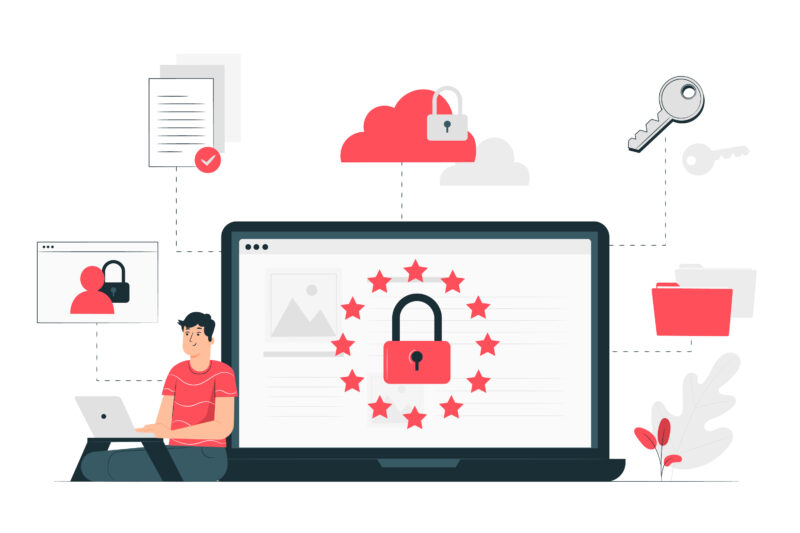Data backup is one of the most crucial elements in any data collection process of a business. The term backup usually refers specifically to a copy of all files from one computer system that is saved as a single archive file, which contains all contents and metadata needed to restore those files.
A backup drive is one of the most powerful tools you can have in your arsenal. Not only can it help you recover from a data loss, but it can also protect against the risk of losing your data in the first place, without relying on the cloud.
With a backup drive, you’re able to store your original files on an external hard drive, and then copy those same files to another location before they’re deleted or overwritten by newer files.
This is done so that if something happens to your computer, such as a virus attack or power outage, you’ll still have access to all the information that’s stored on your computer’s hard drive.
The Importance of Backup Plans
Day-to-day operations can be hectic and stressful, but they don’t have to be. With a backup plan in place, you can rest easy knowing that your data is safe and secure.
Backup plans are important for all types of businesses, including small businesses and those with limited IT resources. They can provide peace of mind by ensuring that critical information isn’t lost in the event of an emergency or disaster.
With backup plans, you’ll know that your data has been copied to another location so it can be retrieved in the event of an emergency or disaster. You’ll also have the option to back up your files on an external hard drive or cloud storage provider so they’re protected from viruses and other threats.
How to Implement a Good Backup System
A good backup system is essential for any business. It can protect against data loss and make sure you do not lose your hard work. But a backup drive can be expensive, and sometimes it is just not practical to keep one on hand at all times.
With this in mind, we’ve put together a list of tips for setting up a simple way to copy your files to another drive—and still keep them safe!
- Set up a folder on your computer where you’ll store all of your files that are being backed up. This is called the “backup folder.”
- Make sure that you have enough space on both drives (the backup drive and the original one) to accommodate these files. You don’t want to end up with an overfilled drive that doesn’t work anymore when you need it most.
- You should also create subfolders within this main folder, so that each file gets its own folder with its own name and date/time stamp information so that it’s easy for you to find later if something happens with one of those files during backup or restore time.
Creating Your Data Backup Strategy
It is helpful to have your data backed up. Do you have a backup strategy? If not, create one now. It’s a critical part of your workflow and should not be ignored. Evaluate what data is most important to you and design a strategy that ensures that it is regularly backed up.
The data is automatically duplicated to another location so it can be retrieved in the event of an emergency or disaster. If you are using a professional web host that provides backups, always make sure to keep copies of your work on an external hard drive in case something goes wrong.










